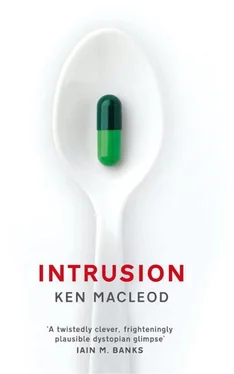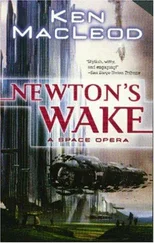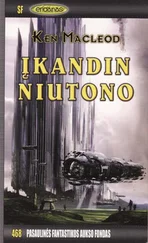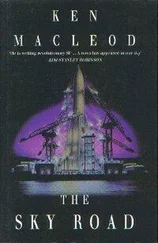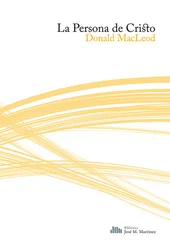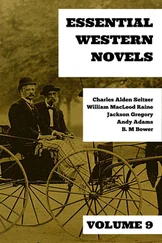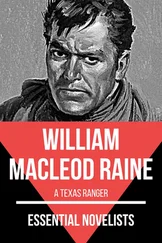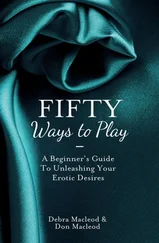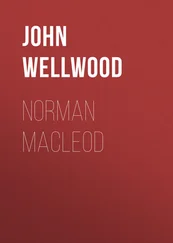‘Thanks,’ said Hope, letting her shoulders slump and arms hang loose. Her biceps ached. She looked at Fingal.
‘Well done,’ he said. He might have winked. ‘Be seeing you.’
He wandered away, but after a few steps into the crowd struck off in a purposeful stride. Hope looked around. The march, which had filled a main thoroughfare more or less from side to side and from end to end, now looked a small huddle in the wide-open space. Around its edges stood a scatter of stalls, some selling political literature and merch, others snacks and soft drinks. Faint smells of candy floss and veggie burgers drifted and mingled. Stray balloons floated up through the steady drift of apple and cherry petals and soared and sped through the silver sky like UFOs. The park was busy with its predictable public-holiday crowds, couples and kids and families and picnic parties braving the stiff breeze, and few of them paid any attention to the compact mass of the march. The latest hit of some local trash band that had made it big and daringly called itself Urban Heat Island thudded from the sound system. Police and park attendants – it was hard to tell which was which – patrolled the edges of the gathering and now and then, in an apparently random but (Hope did not doubt) algorithmically choreographed pattern, elbowed their way through it, sniffers and other sensors prominently deployed.
Hope headed for the front of the crowd, wending her way between clusters of people around various banners, avoiding eye contact with anyone who offered her leaflet, journal or chip. She arrived just a few rows away from the front of the low stage as the music stopped. The band filed off to loud applause and the dignitaries filed on, to lesser applause. The Mayor and her wife, the chair of Islington Council, a couple of other councillors, a trade union speaker, Deirdre, and Jack Crow, MP. Crow was a wiry man in his thirties who wore a leather peaked cap, a denim jacket, corduroy trousers, black yellow-laced Docs and a pointed ginger beard. He was greeted with louder applause than the band. He waved his thanks and sat down on one of the folding stools on the platform. Hope had a bit of grudge with Jack Crow. He hadn’t answered her letter. She ignored him and smiled up at Deirdre, who nodded and smiled back.
The Mayor took the mike, thanked everyone, and hastened to assure them that the speeches would be short. By her standards they probably were, but not by Hope’s; after twenty minutes she had resorted to putting her glasses on and catching up with her mail. Nick and Hugh had sent her pictures from Hampstead Heath, where they were flying a kite that Hugh had somehow magicked up from scrap plastic and an old fishing line. Hope found herself shame-facedly jealous and idly curious as to when Hugh had ever been fishing… he couldn’t have been more than, what, fifteen, when the sport was banned?
Deirdre’s voice cut across Hope’s reverie. She let her attention snap back, and put the glasses away.
‘Now, we’ve all heard what Louella, our sister here from Unite, has been saying,’ Deirdre announced, with a sisterly backward wave to the previous speaker, ‘and I find it hard really to add anything to what she’s so eloquently told us, so I just want to reiterate and emphasise how important this Safe Work for Women campaign is for all of us. More and more women are finding it difficult to work outside the home because of health hazards in the workplace. So we need to ensure that workplaces are safe for women – and that means safe for men, too, as well as safe for children. And if they’re safe for children, we could even have workplace crèches! And why not? Our mother’s generation had crèches –in a borough like ours, at least. We should build on that and take it forward again.
‘But really, the main thing I want to say is that Safe Work for Women won’t get passed without legislative action, and no amount of pressure is going to work unless we have MPs who are on our side, and I’m proud to introduce someone who of course needs no introduction, an MP who is and always has been on our side, Jack Crow.’
Everyone clapped, even Hope.
‘Thank you, Deirdre,’ Crow murmured, then went on in a raised, booming, platform voice: ‘Madam Mayor, councillors, brothers and sisters, it’s a tremendous privilege for me to speak to this splendid rally, which as you know if you’ve been checking the news is part of a magnificent mobilisation of tens of millions, all around the world.’
Yeah, yeah, thought Hope. Get on with it.
Get on with it he did. He outlined the Government’s and the Council’s achievements. He pointed out where the Government had back-slided from election promises, and proclaimed his intent to hold them to their commitments, if not in this parliament, then in the next, where he was sure the Party would have an even stronger majority. (Applause.) Then he leaned forward, clutching the mike and speaking quietly, so that people strained a little, listening.
‘But, brothers and sisters, comrades, this is no time for complacency. No time for smug triumphalism. No time for sitting back with our thumbs in our lapels and our feet on the table. The New Society, the free and social market, is under attack as never before. Not a military attack. Not a physical attack. Personally, as you all know, I have never aligned myself with those, even within our movement, whose first and last answer to any international problem is military action. Yes. The Russian imperialists, the Indian chauvinists, the Naxal nihilists – yes, these are all threats, and we all know about them. And we know how our brothers and sisters from Delhi to St Petersburg have been bludgeoned on the streets today, for exercising exactly the same rights as we are now, for celebrating the same May Day as we do here.
‘We stand with them. Shoulder to shoulder. But what they need from us is not military threats to their governments. It’s our solidarity itself. It’s what we’re doing here. Standing together. All of us, young and old. Peacefully and freely.
‘And in doing that, we are also dealing with the real threat, the serious threat, to all we’ve fought for. The insidious threat, the threat from within. The Conservative and Liberal Party…’
Crow paused. The expected roar of laughter came. He waited.
‘The Conservative and Liberal Party,’ he went on, smiling, ‘is not that threat. It merely gives a voice to it. That threat, my friends, is the stupidity, the short-sightedness, the greed of the business class, big and small. Let’s hear no nonsense about class conflict. No governments in history have done as much for free enterprise and honest profit as the governments of the United Kingdom and the United States – and, let me say, perhaps controversially, but in all fairness, the People’s Republic of China – over the past ten years. We have underwritten risky ventures with trillions in public money. And these ventures have paid off – in clean air, in a safe environment, in abundant energy, in vast, exciting new fields of endeavour, and – I need hardly say – in very healthy profits indeed. All we have asked from business in return is that they pay their taxes and co-operate with the government in its social policies.
‘Have they done anything of the sort? No! They’ve responded to tax reform by working through shell companies in India and Russia. And they fight tooth and nail against every tiny step forward on health and safety and regulation. The sort of opposition that Safe Work for Women faces from these quarters is astonishing, and frankly disappointing. I’ve even been lobbied myself, by the usual suspects claiming that it’ll put people out of work, like the same usual suspects have said about every piece of progressive legislation since the Factories Act and the Ten Hours Bill.
Читать дальше
